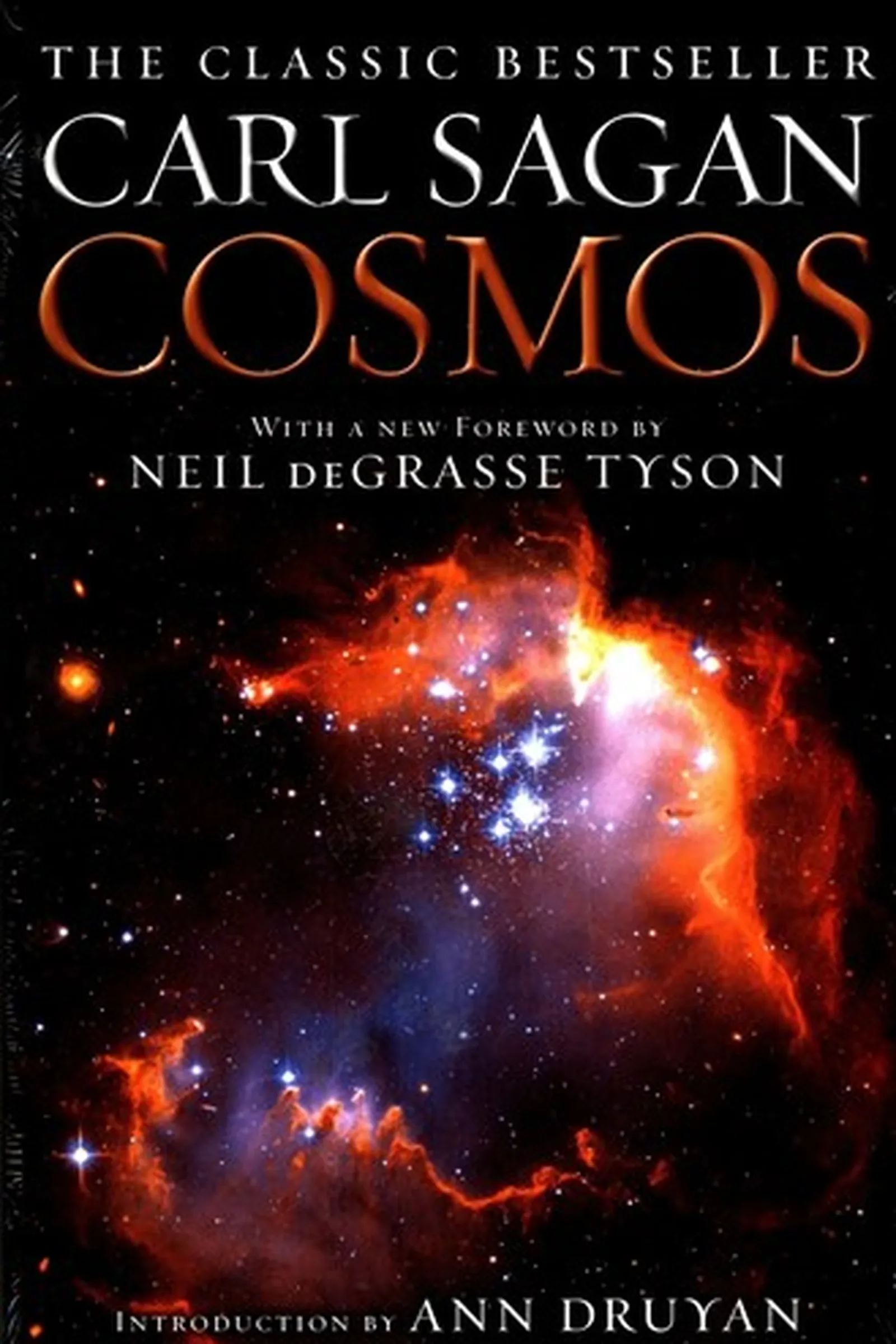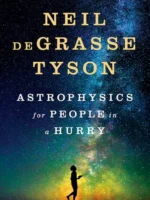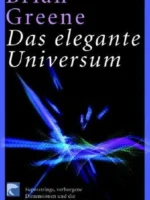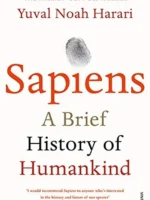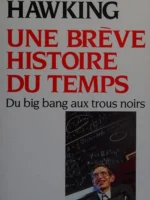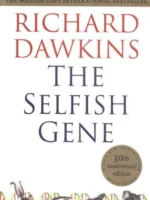Cosmos, Carl Sagan, 1980
- Author: Carl Sagan
- Genre: Science
- Publisher: Ballantine Books
- Publication Year: 1980
- Pages: 384
- Format: Paperback
- Language: English
- ISBN: 978-0345539434
- Rating: 4,4 ★★★★★
Cosmos Review
About
Published in 1980 alongside his landmark television series, Carl Sagan’s Cosmos remains one of the most beloved books of popular science ever written. It’s less a textbook and more a love letter—to the universe, to life, and to the human urge to explore. Sagan blends astronomy, history, and philosophy into a sweeping meditation on our place in the grand design. His tone is both lyrical and rational, reminding us that science and wonder are not opposites, but partners.
Overview
Sagan leads readers through the story of the cosmos—from the birth of galaxies to the emergence of life on Earth and the potential for civilizations beyond it. He frames science as a moral pursuit, grounded in curiosity and humility. Each chapter mixes storytelling with scientific explanation, moving fluidly between ancient astronomers, NASA missions, and the chemistry of stars. The book’s emotional core is its humanism: Sagan’s faith in our capacity for wisdom if we can overcome ignorance and fear.
Summary
(light spoilers) Sagan begins with the “Pale Blue Dot” perspective—Earth as a fragile speck adrift in space—and uses it as the lens for everything that follows. He revisits early scientific revolutions, celebrates the development of the scientific method, and warns of its political misuse. The cosmos, in his view, is not cold but connected: every atom in us was forged in stellar fire. The final chapters expand beyond astronomy into ethics, urging readers to see planetary stewardship as a cosmic responsibility. Cosmos closes not with an answer but an invitation—to keep learning, questioning, and caring.
Key Themes / Main Ideas
• Cosmic perspective — the humility of scale.
• Science and spirituality — wonder grounded in evidence.
• Human unity — we all share the same starstuff.
• Knowledge as survival — curiosity as moral duty.
• The fragility of Earth — awe turned into responsibility.
Strengths and Weaknesses
• Strengths — Poetic prose that elevates science into art.
• Strengths — Deeply humanistic message, inspiring without sentimentality.
• Weaknesses — Dated scientific details, though spirit remains timeless.
• Weaknesses — Occasionally idealistic about humanity’s future—but that optimism is its pulse.
Reviewed with focus on themes, audience, and takeaways — Carl Sagan
| pa_author | Carl Sagan |
|---|---|
| ISBN | 978-2-965-44805-0 |
| pa_year | 2020 |
| Pages | 517 |
| Language | English |

